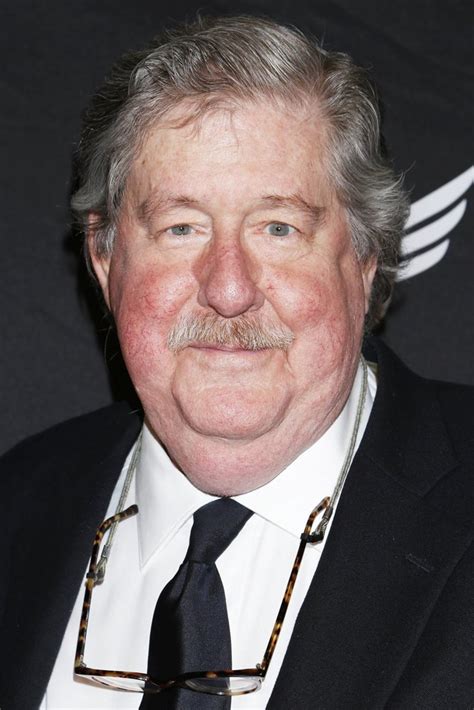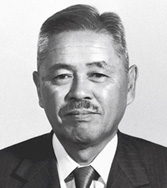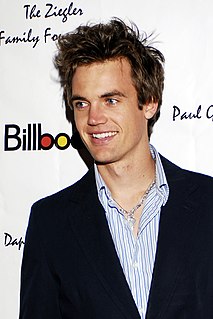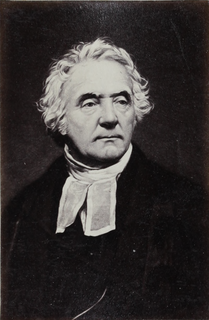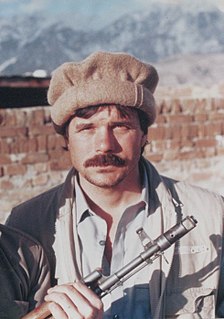A Quote by Ned Herrmann
Most of us assume we are seeing the world the way it really is.
Related Quotes
We open our eyes and we think we're seeing the whole world out there. But what has become clear—and really just in the last few centuries—is that when you look at the electro-magnetic spectrum we are seeing less than 1/10 Billionth of the information that's riding on there. So we call that visible light. But everything else passing through our bodies is completely invisible to us. Even though we accept the reality that's presented to us, we're really only seeing a little window of what's happening.
I love writing songs with people, which is about really taking risks, throwing yourself over the falls and really seeing what you're made of and seeing how it sticks. Seeing how others react to it, and seeing also how it can become a melody and how it can really take off from your experience. It's a way of seeing life unfold on the page before me.
In the past we have always assumed that the external world around us has represented reality, however confusing or uncertain, and that the inner world of our minds, its dreams, hopes, ambitions, represented the realm of fantasy, and the imagination. These roles, it seems to me, have been reversed. The most prudent and effective method of dealing with the world around us is to assume that it is a complete fiction - conversely, the one small node of reality left to us is inside of our own heads.
'Star Wars: Episode IV - A New Hope' (1977) is probably the most influential film of my generation. That work was the personification of good and evil and the way it opened up the world to space adventure, the way westerns had to our parents' generations, it left an indelible imprint. So, in a way, everything that any of us does is somehow directly or indirectly affected by the experience of seeing those first three films.
If you are going to do kaizen continuouslyyou've got to assume that things are a mess. Too many people just assume that things are all right the way they are. Aren't you guys convinced that the way you're doing things is the right way? That's no way to get anything done. Kaizen is about changing the way things are. If you assume that things are all right the way they are, you can't do kaizen. So change something!
Our normal expectations about reality are created by a social consensus. We are taught how to see and understand the world. The trick of socialization is to convince us that the descriptions we agree upon define the limits of the real world. What we call reality is only one way of seeing the world, a way that is supported by social consensus.
So many indigenous people have said to me that the fundamental difference between Western and indigenous ways of being is that even the most open-minded westerners generally view listening to the natural world as a metaphor, as opposed to the way the world really is. Trees and rocks and rivers really do have things to say to us.
We don't all see the same way at all. Even if I'm sitting looking at you, there is always the memory of you as well. And a memory is now. So someone who's never met you before is seeing a different person. That's bound to be the case. We all see something different. I assume most people don't look very hard at anything.
